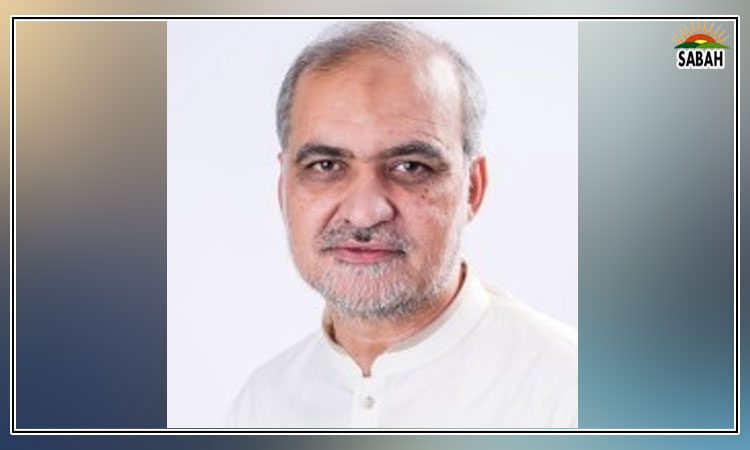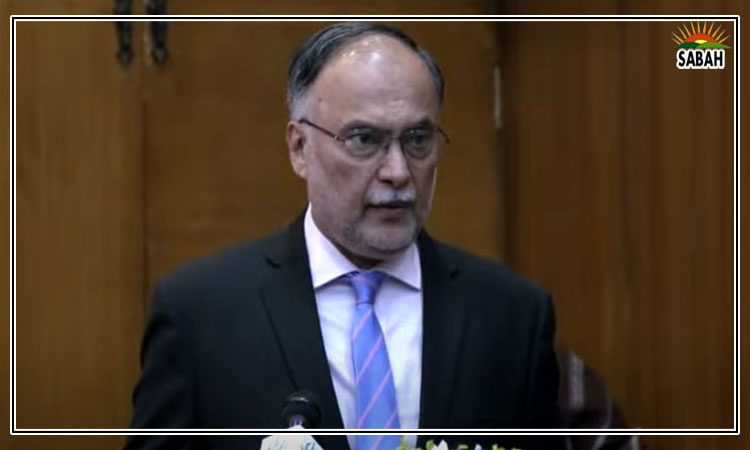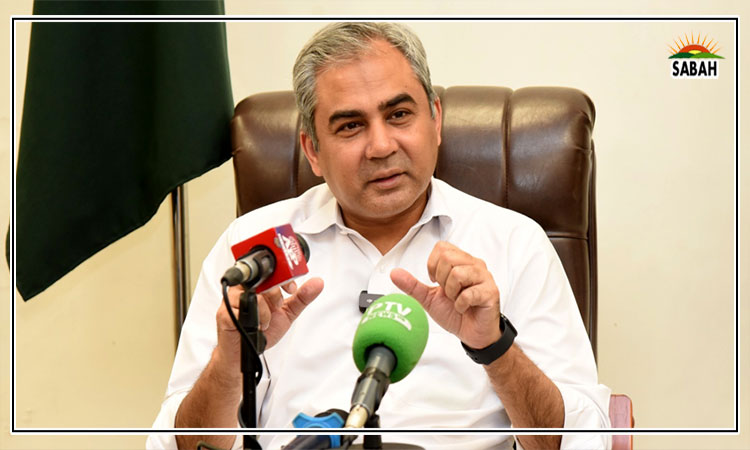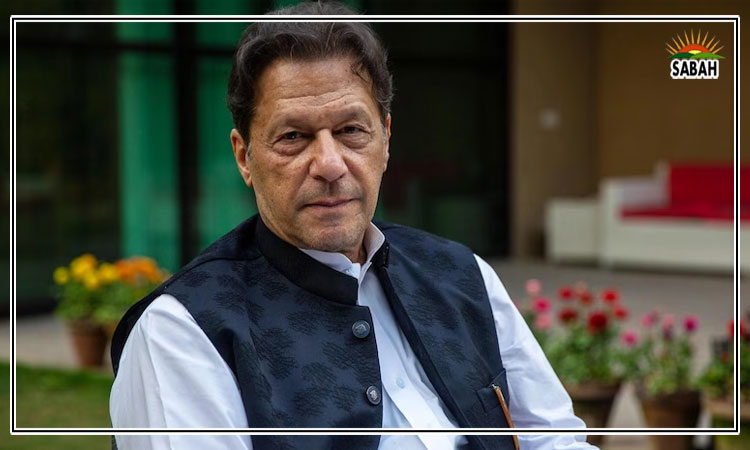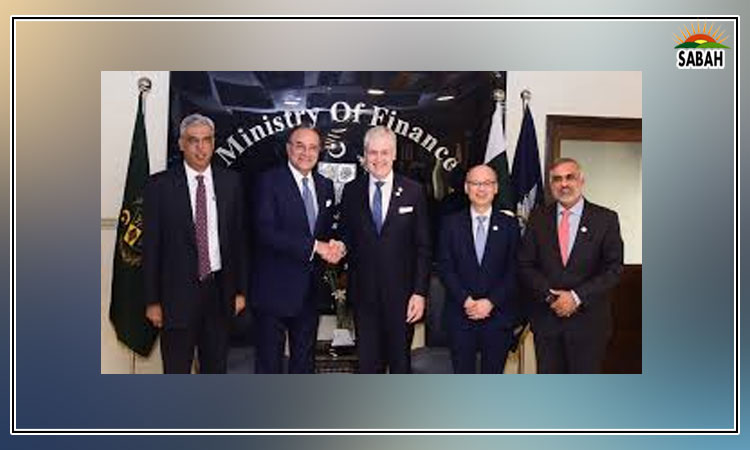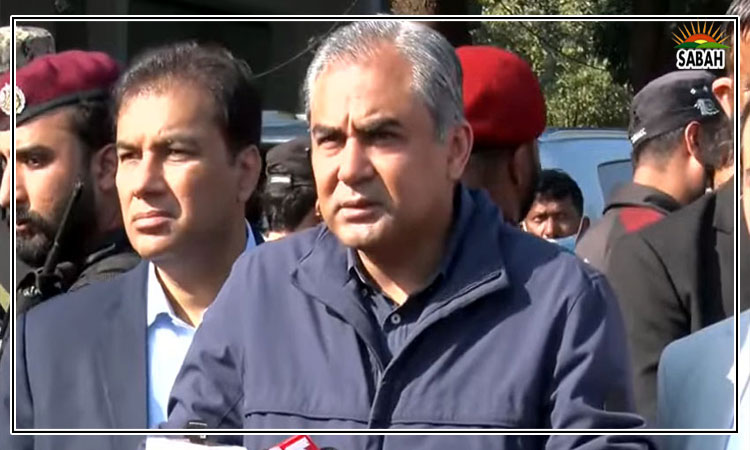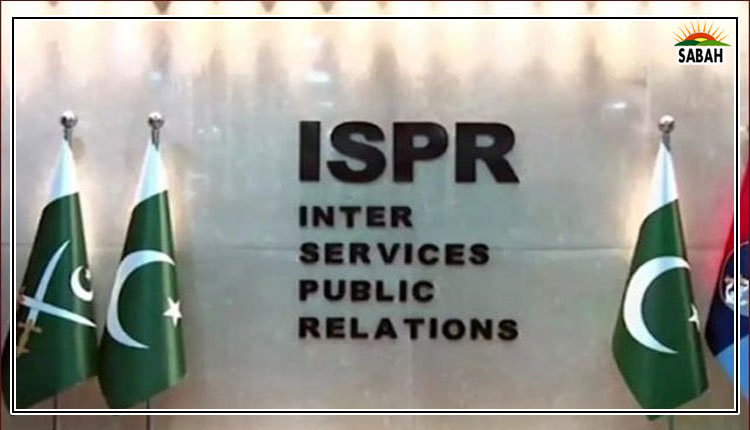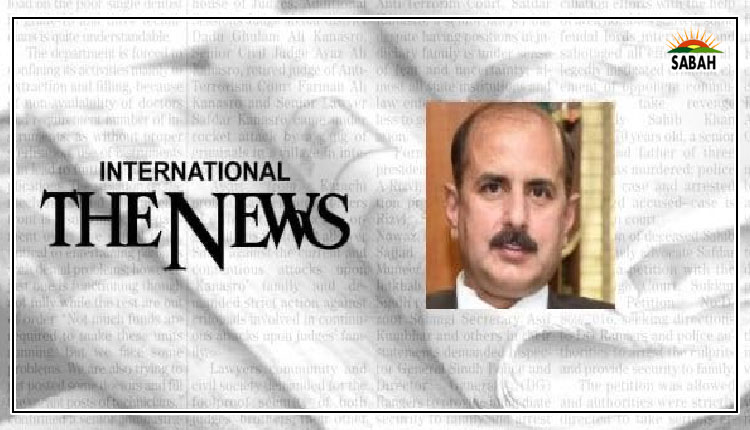High-performing nations…Sabur Ali Sayyid
Far Eastern countries have consistently demonstrated exceptional performance in various jurisdictions tested under the Program for International Student Assessment (PISA) over the past two decades.
Notably, the reading literacy of an average 15-year-old student in Shanghai, China surpasses that of their peers in the US by an astonishing 22-month margin. This gap widens even further in the field of science and extends beyond three years in mathematics.
Upon closer examination of these results, it becomes apparent that it is not solely the education systems that contribute to these remarkable achievements, but rather the teachers who play a pivotal role.
The Global Teacher Status Index 2018 also highlights that teachers enjoy a highly esteemed social status in countries such as China, Malaysia, Singapore, and Taiwan. Aspiring teachers in these nations must exhibit exceptional skills and unwavering dedication to join the teaching profession.
These countries have implemented rigorous mechanisms for teacher recruitment, professional training and financial compensation, which have significantly contributed to their transformation into high-performing nations.
Singapore serves as an excellent example in this regard. Primary school teachers in Singapore are carefully selected by the Ministry of Education and undergo training at the esteemed National Institute of Education (NIE) in Nanyang Technological University. Prospective teachers must excel in their high school exams, ranking in the top-third of their class, and achieve above-average scores in Singapores challenging A-level exams. They also undergo a rigorous interview process that evaluates their personal attributes, including their passion for teaching.
Consequently, entry into teacher training programmes in Singapore is fiercely competitive, with only a small fraction of applicants being accepted each year. As a result, prospective primary school teachers in Singapore begin their training already demonstrating high academic aptitude, a passion for teaching and the ability to deliver effective lessons.
Similarly, entrance into teacher preparation programmes in Shanghai follows a highly competitive process, requiring top scores in entrance examinations. The selection process also includes rigorous interviews that assess candidates commitment to education, their interest in supporting the development of young children and their ability to collaborate effectively in a team setting. These stringent interview processes not only ensure the recruitment of dedicated individuals but also underscore the im portance of collaboration and continuous improvement throughout teachers careers.
It is worth noting that most top-performing countries adopt one or both of two fundamental structures for their primary school teacher preparation programmes. The concurrent model involves candidates studying pedagogy alongside core subjects for four years, leading to a bachelors degree in education. The consecutive model allows candidates to pursue a bachelors degree in a specific subject area before undertaking an additional one or two years of intensive pedagogical training.
The majority of high-performing systems favour the concurrent model as the primary pathway into the teaching profession. In Taiwan, teachers are required to focus on specialized areas, with 30 per cent of their coursework dedicated to pedagogical studies and the remaining 70 per cent focused on specialized subjects. This approach ensures that teachers possess in-depth knowledge in their teaching areas and enables them to obtain teaching certificates specific to their specialized subjects.
Hong Kong also emphasizes specialization, albeit with a slight difference. Prospective primary school teachers in Hong Kong must choose two specialized teaching subjects, with one of them aligning with their undergraduate major. This requirement guarantees that primary school teachers have studied at least one of the subjects they will teach, enabling them to possess both theoretical knowledge and practical application skills.
Now, compare this with the situation in Pakistan. According to a survey conducted by Alif Ailan in 2016, nearly 58 per cent of government school teachers in Pakistan had no knowledge of the national curriculum. Seventy-three per cent of these teachers did not receive any courses on assessment techniques during their pre-service training. Alarmingly, 43 per cent of teachers were found to be performing their job without having received any professional training in the past five years.
The rotten state of affairs became even more pervasive with the recent cancellation of the recruitment process for 25,000 school teachers in Punjab. This was followed by the intervention of the Sindh High Court, which halted the recruitment process in the province due to its politicization.
These events highlight the deep-seated issues within both the recruitment and professional training processes of teachers in Pakistan. These flaws and inefficiencies severely hinder the ability of the education system to provide quality education.
To achieve the status of high-performing nations, similar to those in the Far East, Pakistan must recognize that teaching is a highly specialized and dedicated profession and any compromise on its quality directly impacts nation building, the preparation of a skilled workforce, and our standing in the international community.
By rebranding teaching as a prestigious profession, it can inspire a new generation of educators who are motivated by a profound sense of purpose and passion. Instead of reinventing the wheel, Pakistan should, however, draw upon successful teaching and learning models implemented worldwide to establish itself as a nation recognized for its highly educated, skilled and committed individuals.
Courtesy The News


